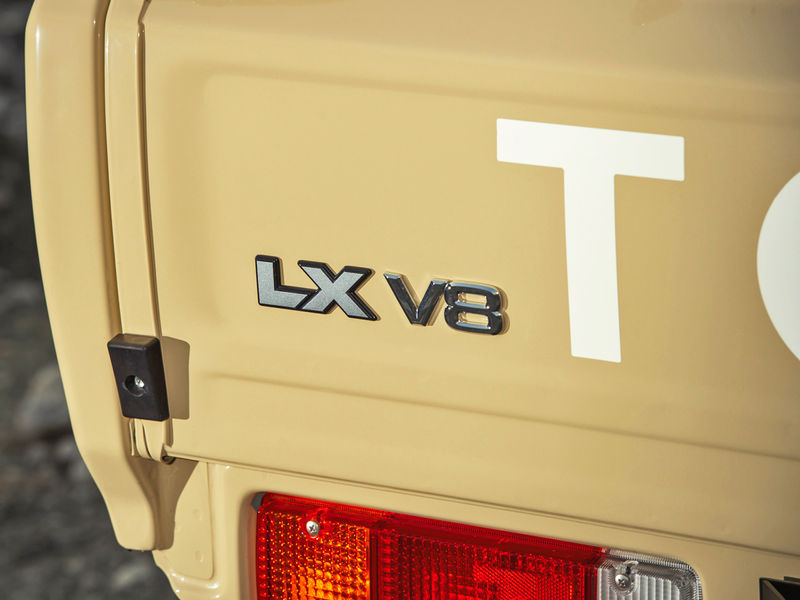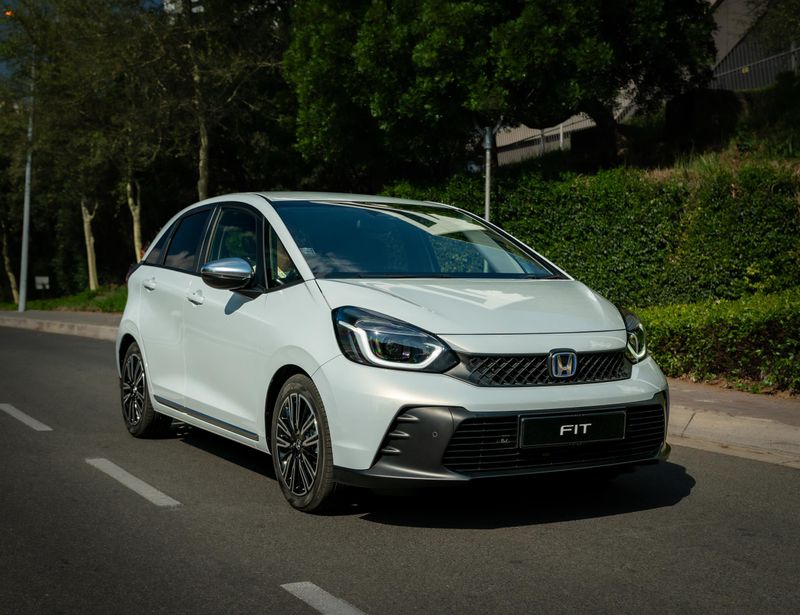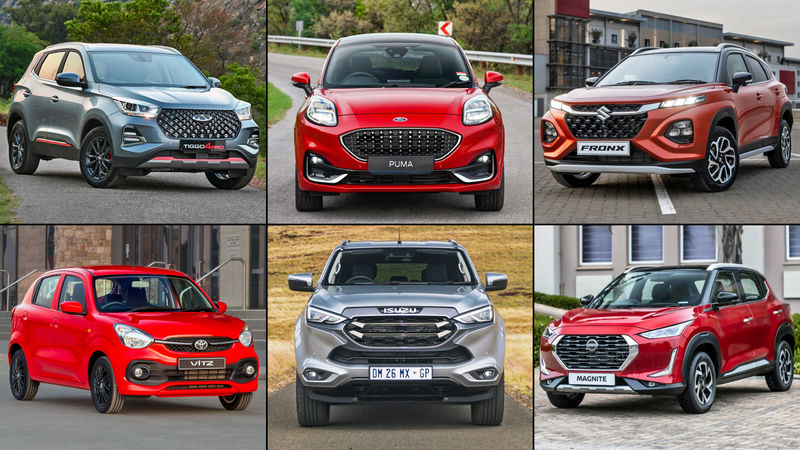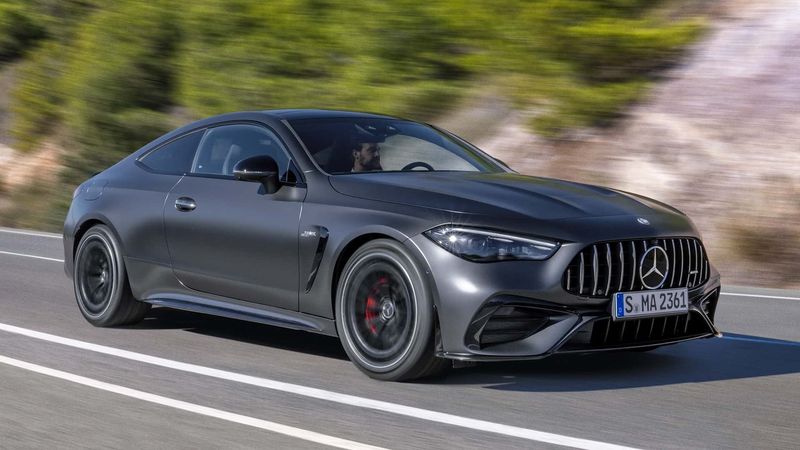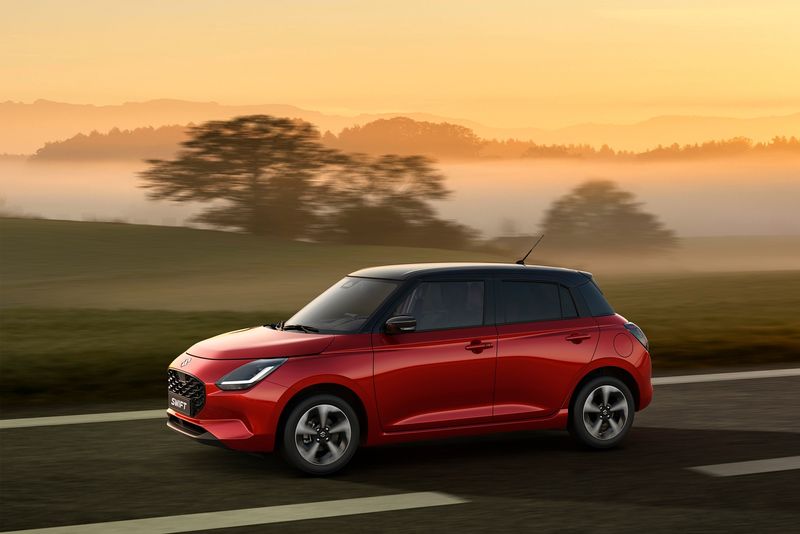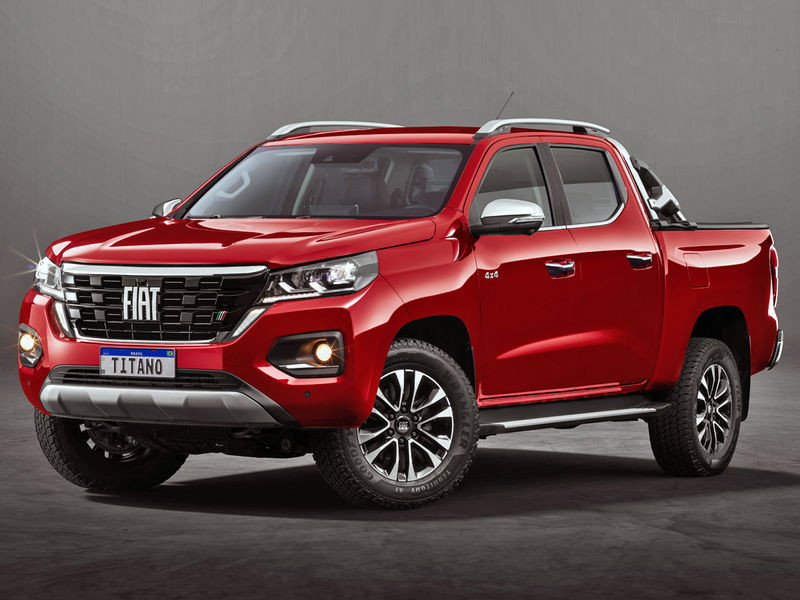The adoption of electric vehicles (EVs), particularly battery-electric vehicles (BEVs) is gaining momentum rapidly with global New EnergyVehicle (NEV) sales rising by 43% in 2020, at a time when the world was brought to its knees as a result of the Covid-19 pandemic, which drove demand for new cars into the ground.
The prediction is that NEV sales will surpass internal-combustion-engined (ICE) cars' sales by 2038. Europe has now become a key region of growth, ahead of China, and the rapid and continuous growth in this sector is putting local government under pressure to act swiftly to establish the necessary policy framework to enable a long-term strategy that will put South Africa in a position to participate in and, hopefully, excel atthe local assemblyof electric vehicles for global export, as well, of course, as producing many of the components those vehicles require.
The Auto Green Paper on the Advancement of New Energy Vehicles in South Africa, is the first step in the process of developing the roadmap towards local EV production and is the result of input from no fewer than 7 of the major original equipment manufacturers (OEMs) operating in South Africa, as well as National Association of Automotive Component and Allied Manufacturers (Naacam).
Note, however, that the Green Paper is not official government policy but rather a government policy discussion paper.A Green Paper is typically followed by a White Paper, which articulates a policy position of government that has been approved by Cabinet.
The Green Paper has been released to invite comments from all stakeholders including members of the public and the draft policy for comment will be gazetted by the end of May 2021. Thereafter, policy proposals will be submitted to Cabinet for consideration no later than October 2021.
The paper makes it clear that the future of the South African automotive industry is inextricably linked and tied to the extent to which the sector embraces and adopts new technologies, specifically electric vehicle- and related component production. This development will have far-reaching economic benefits for South Africa’s economy and will undoubtedly stimulate local job creation and skills development.

Minister of Trade, Industry and Competition, Ebrahim Patel, this week highlighted the urgent need for the government to step up its efforts to accelerate the process towards local EV production.
“We must step up efforts to build full electric vehicles in SA to maintain our capacity to export to key markets such as the EU and UK, both of which have set new targets and deadlines to reduce the number of fossil fuel reliant vehicles on their roads. We need charging infrastructure – and must expand the existing 200 charging points for electric vehicles in South Africa using the agreed SABS standard”.
He added:“We don’t want South Africa to become simply a market for electric vehicles produced elsewhere in the world, relegating our car making simply to internal combustion engines. Then, as the world shifts more and more to electric vehicles, we will be left with a stranded asset in the form of a large assembly capability that has not been adjusted to electric vehicles.”
One of the major talking points around South Africa’s lack of EV adoption has to do with incentivisation and taxing of electric vehicles.
As it stands, EVs are prohibitively expensive in South Africa which, apart from the need for increased charging infrastructure, remains a major reason for the slow uptake of EVs on local soil. Imported EV products are subject to a 25% duty rate where conventional imported ICE vehicles are subject to only 18%.
If the government can effectively reduce ad valorem tax on EVs then the chasm between EV and ICE vehicle pricing will be drastically reduced and become more attractive to local buyers, thereby stimulating the uptake of the former. A reduction in tax would have to be balanced with the government's revenue targets, so do not expect it to immediately favour EVs.
Also, significant expansion of the current charging infrastructure across South Africa will aid in incentivising and accelerating the adoption of electric vehicles in South Africa. As charging infrastructure increases, it is understood that the supply of energyto these stations needs to come from renewable sources in order to make the use of EVs worthwhile.
The proposal doesn't only take into account BEVs and hybrids but notes that hydrogen fuel-cell production should be considered, particularly the production of so-called green hydrogen that makes use of SA's abundance of platinum resources. According to the Green Paper, as the green hydrogen technologies mature, they are expected to become the technology of choice in SA and across the world.
The local automotive industry currently contributes 4.9% to South Africa’s GDPand if the industry is to remain relevant, integration into the broader global EV landscape will be critical.
If the South African government fails in this endeavour, the loss of current export markets and revenue could very well result in a shrinking GDP contribution along with significant job losses across the board. We guess the real question is: Can we afford not to embrace EVs?
Which countries are winning the electric race
New Cars or Used Cars: What Car Should You Buy?
Mazibuko M1B is a Mzansi-made battery bakkie
